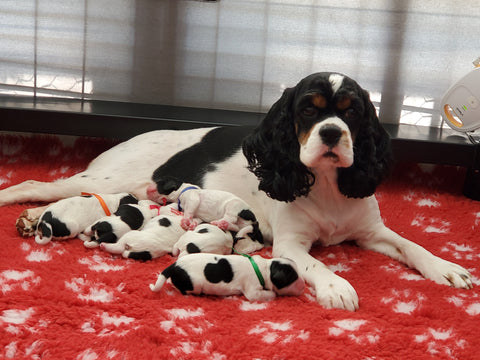Science
Explore the intricate world of canine reproduction in our Science Section! Delve into the fascinating nuances of the dog gestation period, uncover the secrets of pregnancy in dogs, and stay informed with insights from veterinary experts and the most relevant scientific publications. Discover the "how" and "why" of dog pregnancy, from identifying dog pregnancy symptoms to understanding the intricacies of pregnancy tests for dogs. Join us now on a journey of scientific inquiry and gain a deeper appreciation for the miracle of life within man's best friend.
Science






